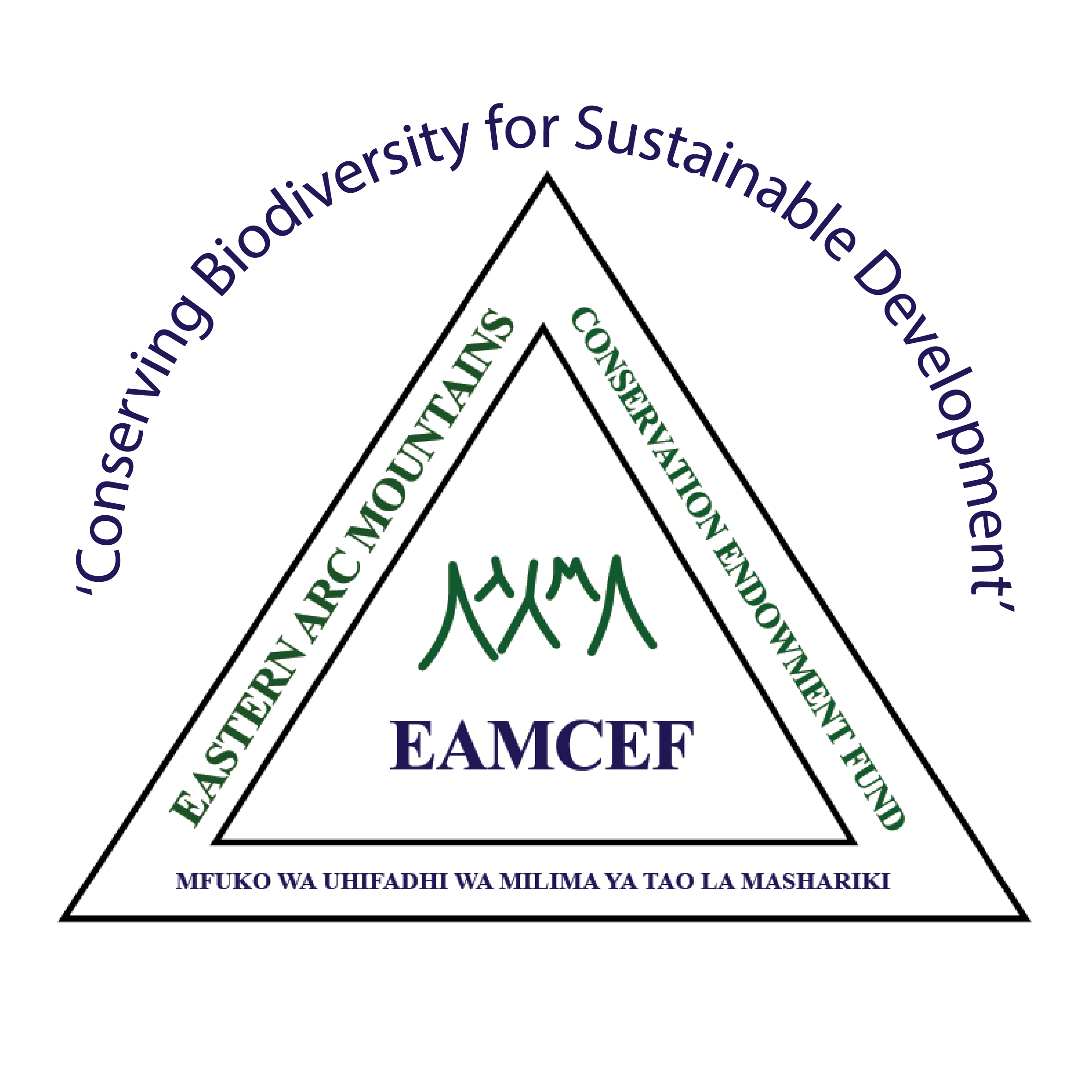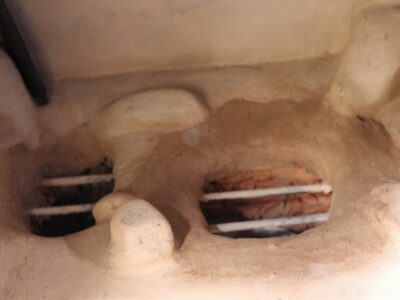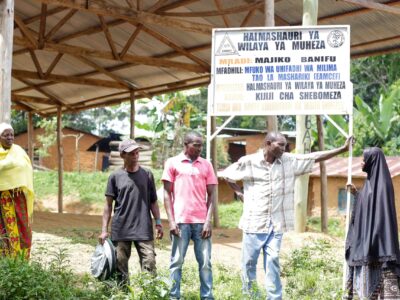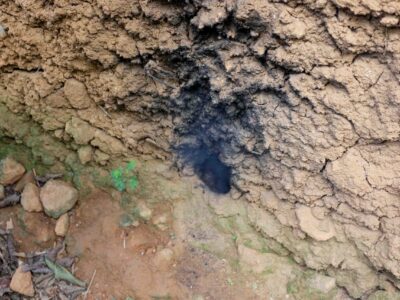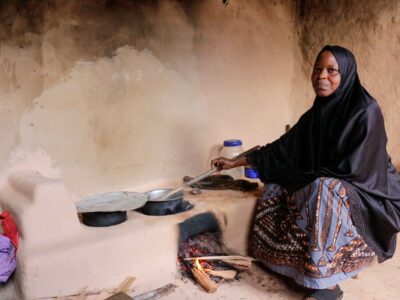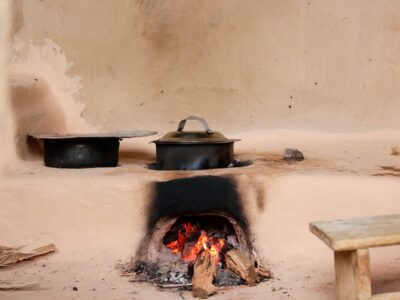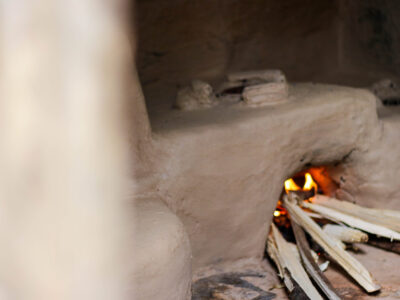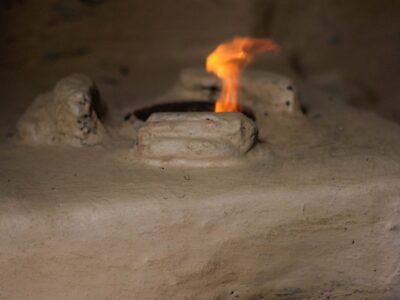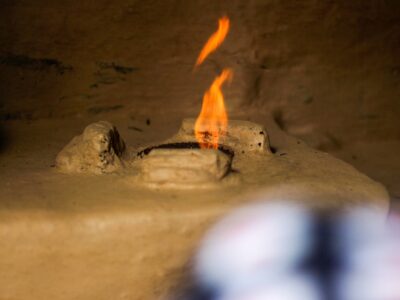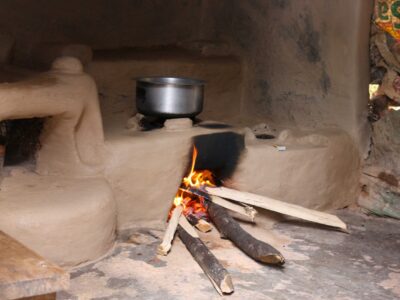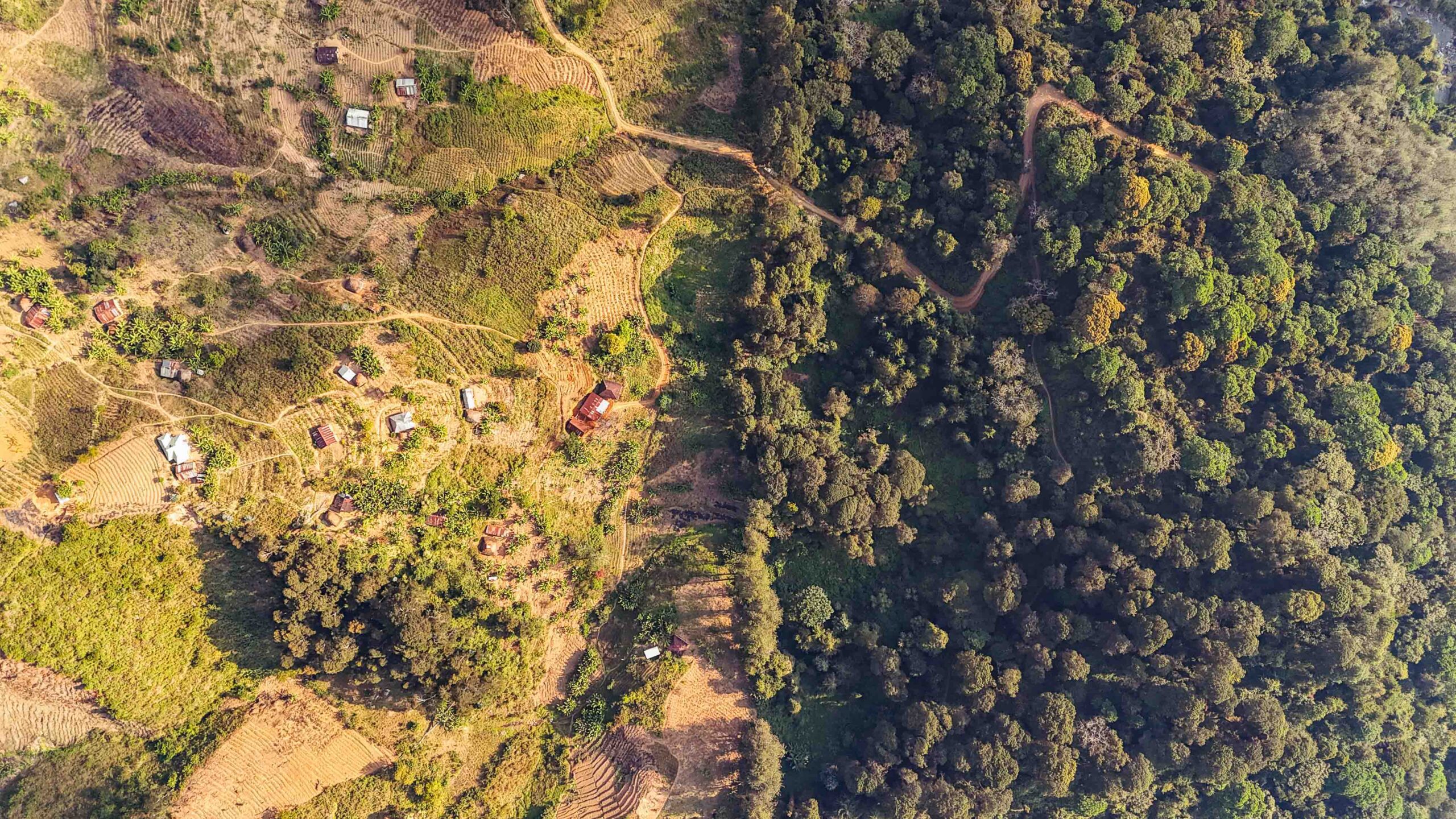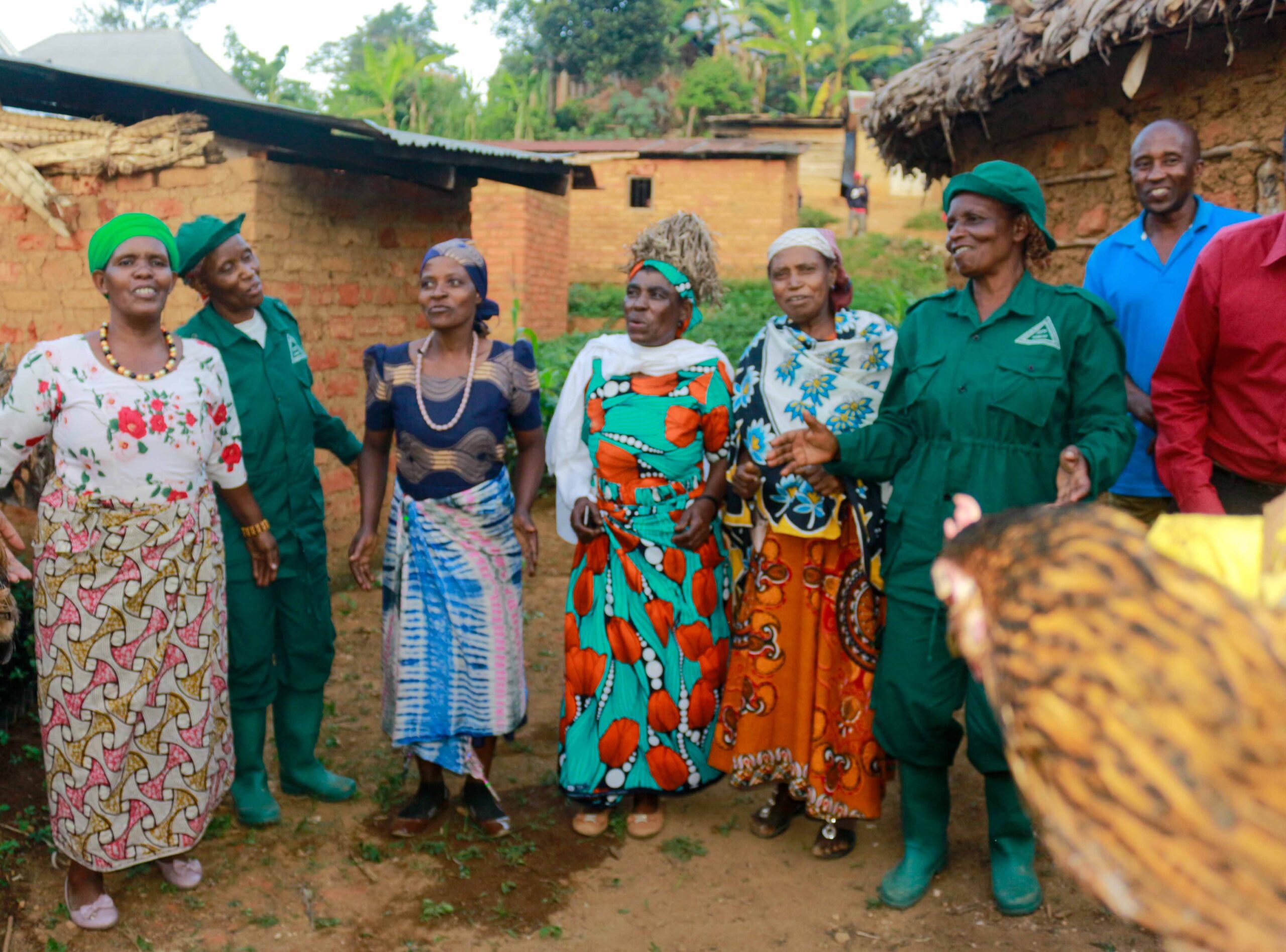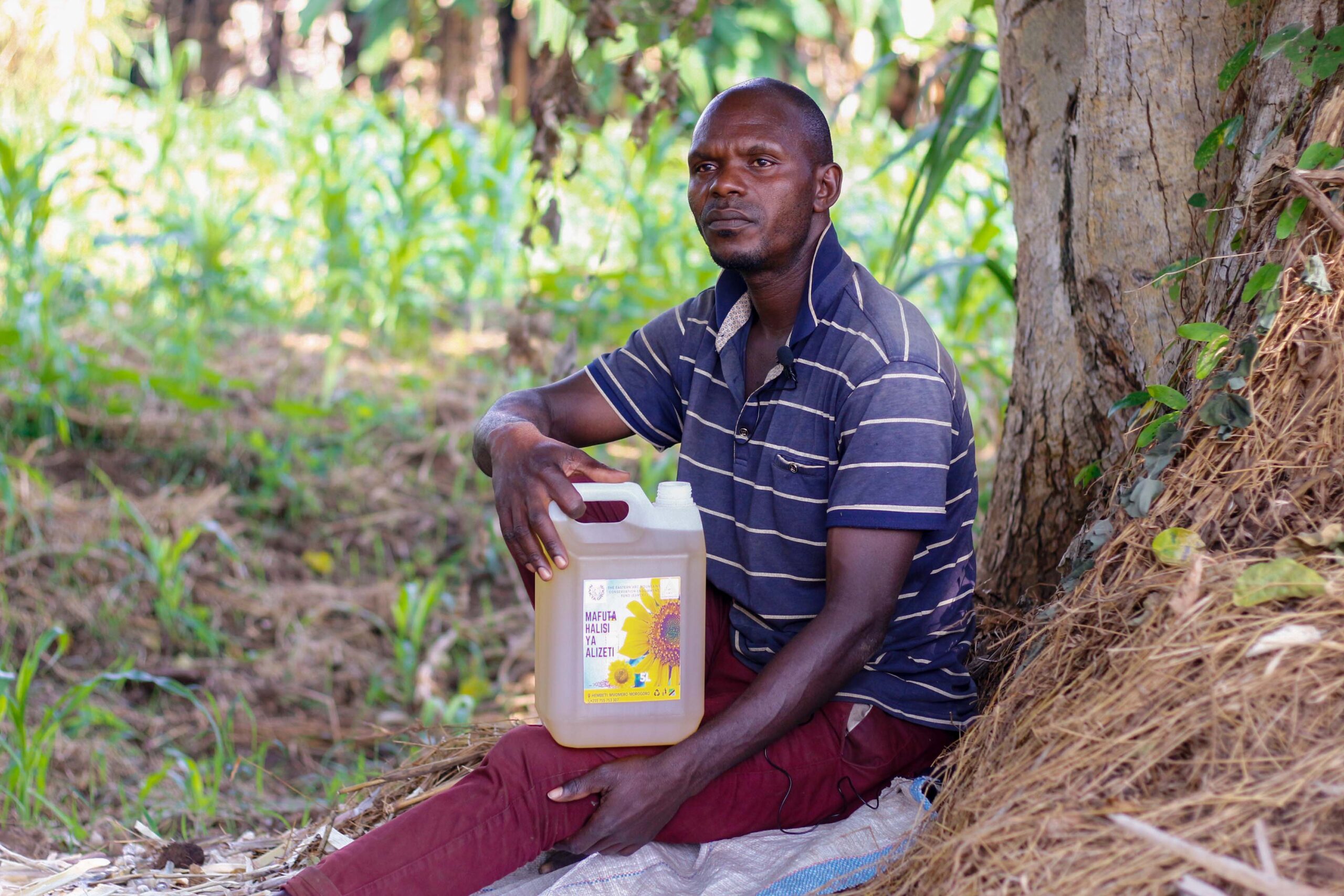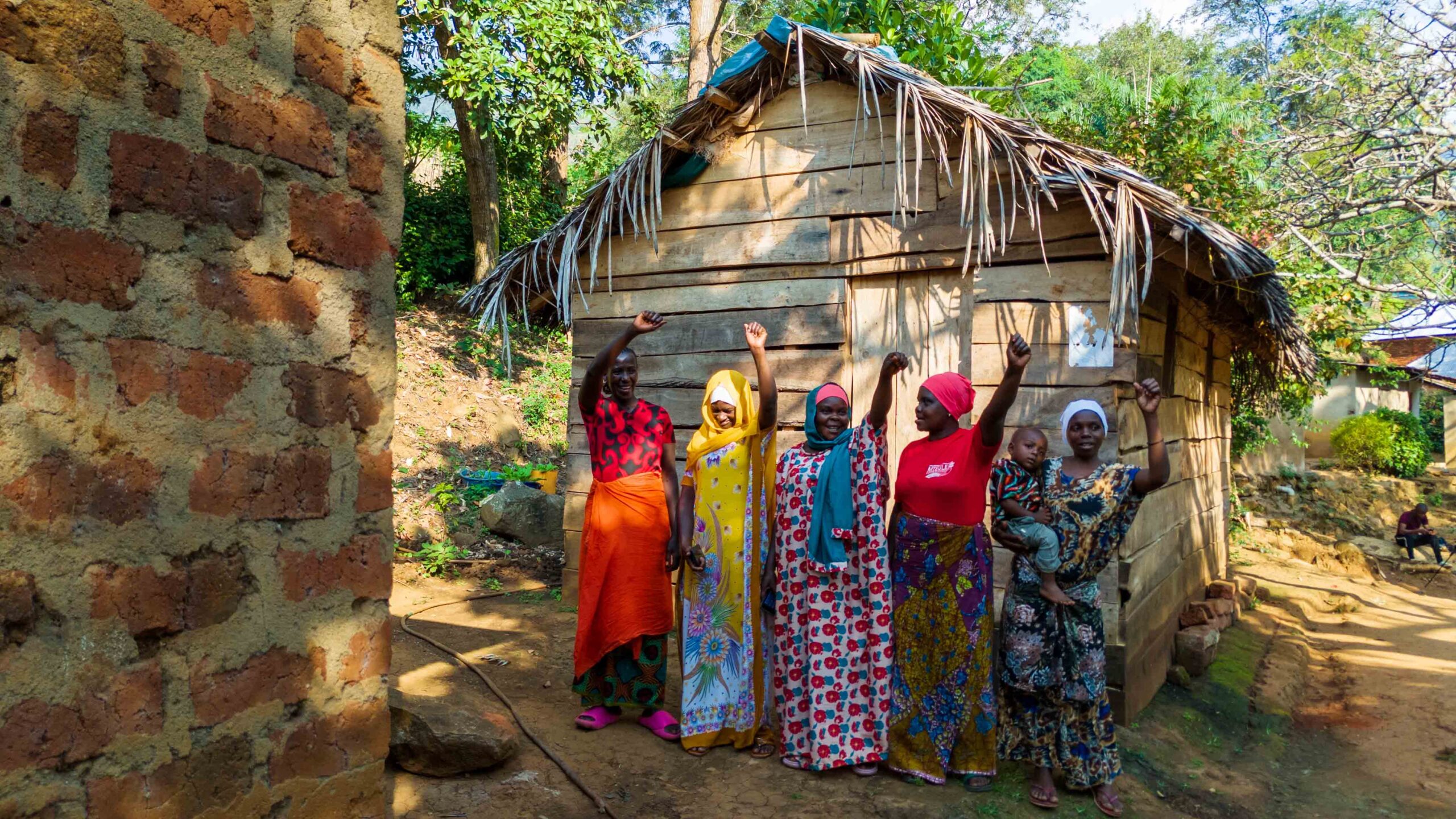Energy-efficient stoves have become a transformative solution for reducing deforestation and improving daily life in Shebomeza Village, Muheza District. Sponsored by the Eastern Arc Mountains Conservation Endowment Fund (EAMCEF), the project introduced energy-efficient stoves, known locally as majiko banifu, to help communities near the Amani Nature Forest Reserve reduce their reliance on firewood.
Previously, households used up to four bundles of firewood per week. Thanks to energy-efficient stoves, that demand has been cut down to just one bundle weekly—drastically easing pressure on the forest. In addition to environmental benefits, the stoves have improved indoor air quality. Traditional stoves produced smoke that caused respiratory and eye problems, especially for women, but the new energy-efficient stoves feature ventilation systems that channel smoke outside, creating safer cooking environments.
These stoves are not only healthier but also more efficient. They offer multiple cooking surfaces, cook faster, and produce less soot—saving both time and water when cleaning utensils. To support the community’s long-term use of these stoves, EAMCEF collaborated with the Muheza District Council to train villagers on stove construction and maintenance. Some trained individuals have even turned their skills into small businesses by building and selling energy-efficient stoves, creating new sources of income.
This initiative has proven that energy-efficient stoves are more than just a cooking tool—they are catalysts for forest conservation, health improvement, and local economic development.
These stoves have a specially designed ventilation system that directs the smoke out of the house, reducing health risks.
